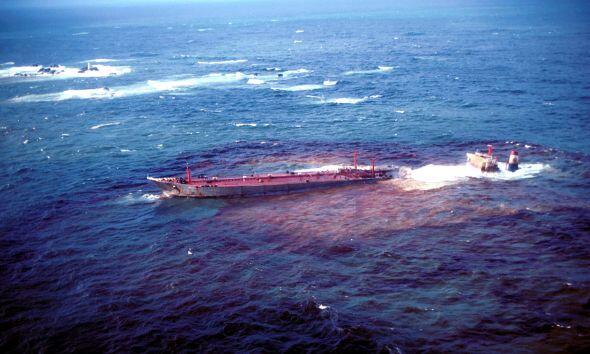The United Nations (UN) identifies 17 major seas for the risks and severe circumstances that they are facing, but the Mediterranean is perhaps the most dramatic case, since the so-called cradle of civilization became a graveyard for thousands of asylum-seekers and migrants . And it is very likely to be the most polluted water basin on the planet.
The Mediterranean covers an area of 2.5 million square kilometers and around 22 countries, which together share a coastline of 46,000 kilometers and are home to 480 million people on three continents – Africa, Asia and Europe.
But it is also a kind of great salt being a semi-enclosed sea lake, since it only has two small points of contact with the open ocean, the Suez Canal to the east and the Strait of Gibraltar to the west.
This implies that its waters need to be renewed between 80 and 150 years, depending on Mediterranean Action Plan (MAP), the project based in Athens United Nations Program for Environment (UNPE).
In other words, a drop of contaminated water remains circulating in the Mediterranean for a century, on average.
Add to this that one in three of its inhabitants, or more than 160 million people, are permanent residents in urban centers located along its coast. In addition, 180 million tourists visit its beaches each year, leading to 340 million the number of human beings concentrated there during peak season.
The consequence is that millions of people throw into the Mediterranean their solid and liquid domestic and urban waste. The problem is most evident if one considers that until few years ago, more than 40 percent of coastal urban centers lacked facilities for the treatment of water waste, and 80 percent of the water in the sea were left untreated, according to UNEP / MAP.
More than 20,000 tons of gasoline per year
Industrial activities are also a key source of pollution, mainly from the chemical sectors, petrochemical and metallurgical, as confirmed by the following examples:
– 60 refineries dump in the sea about 20,000 tons of oil per year.
– The chemical products used in agriculture generates runoffs containing pesticides, nitrates and phosphates.
– Other sources of pollution are the industries of treatment of waste and generation of solvents, metal processing, production of paper, paints and plastics, dyeing, printing and tanneries.
Maritime traffic
But the Mediterranean Sea is also under intense pressure from its maritime activities. Nearly 30 percent of all international maritime trade passes through its ports or waters, as well as approximately 25 percent of the world oil transported by sea.
But this maritime traffic not only causes pollution , it is estimated that 50 percent of goods transported by sea have some degree of danger.
Some chemicals are more dangerous than oil, although the amounts of these products transported by sea in the Mediterranean amount to a fraction of the volume of crude oil loading tankers.
Moreover, the pollution by hydrocarbons from the operation of ships includes a variety of oil spills and oil mixtures that are generated on board.
Actions should be taken before it is too late, it is now the time where people should be more concerned about the environment and the sea health.











